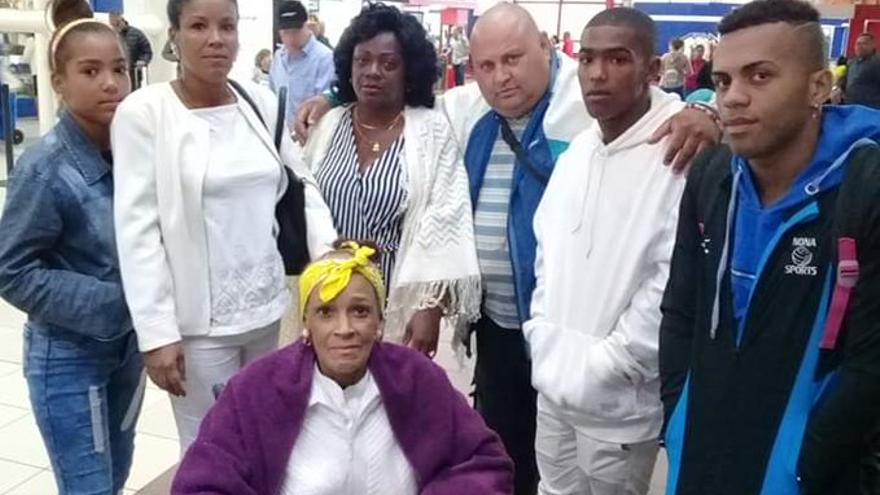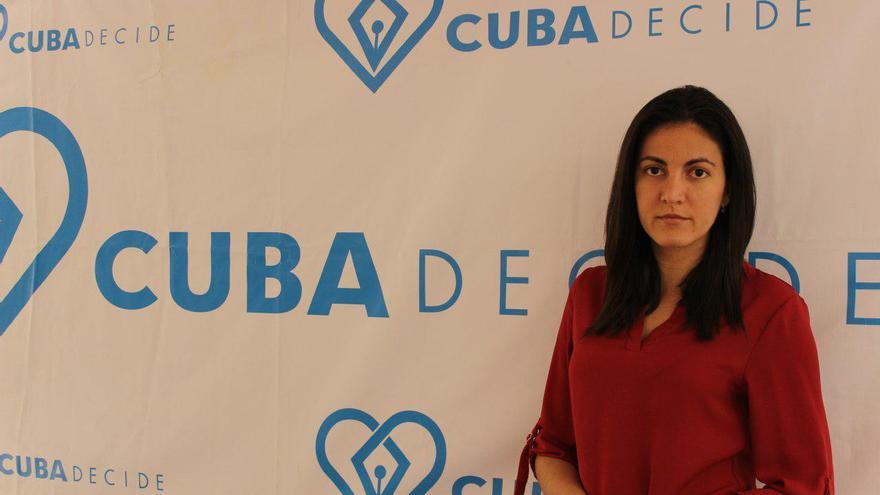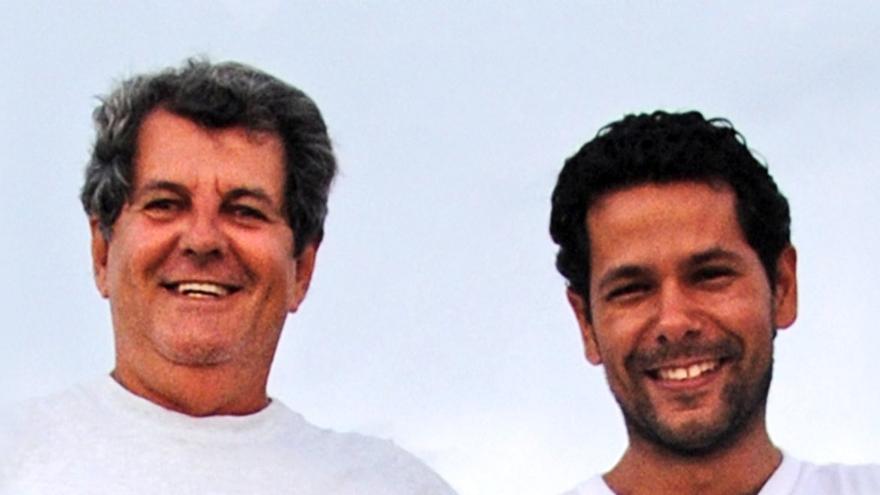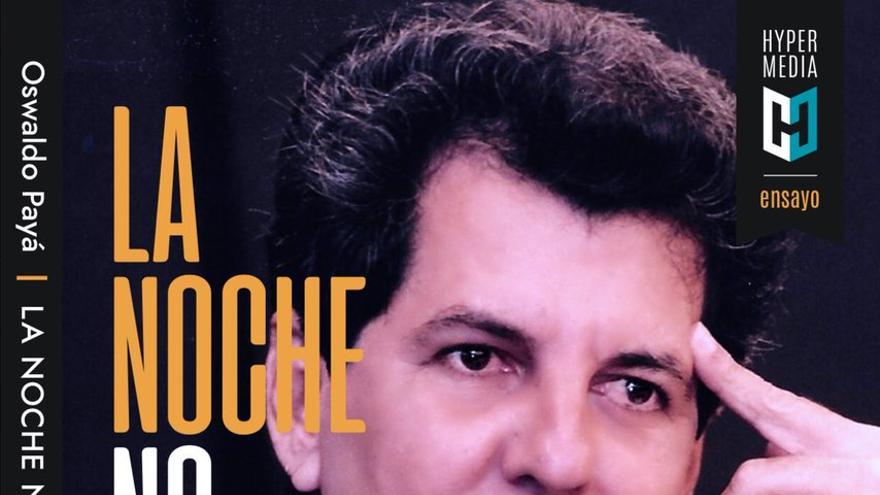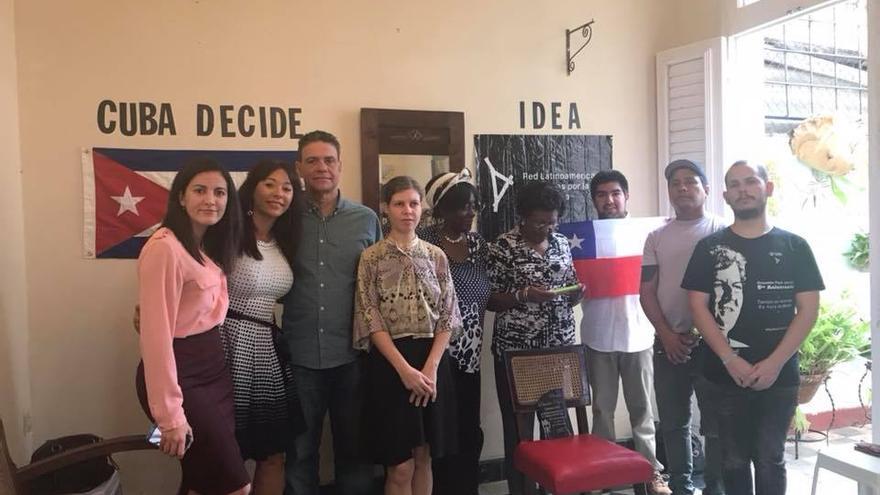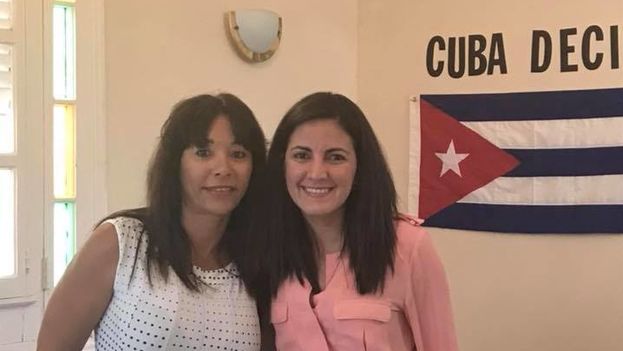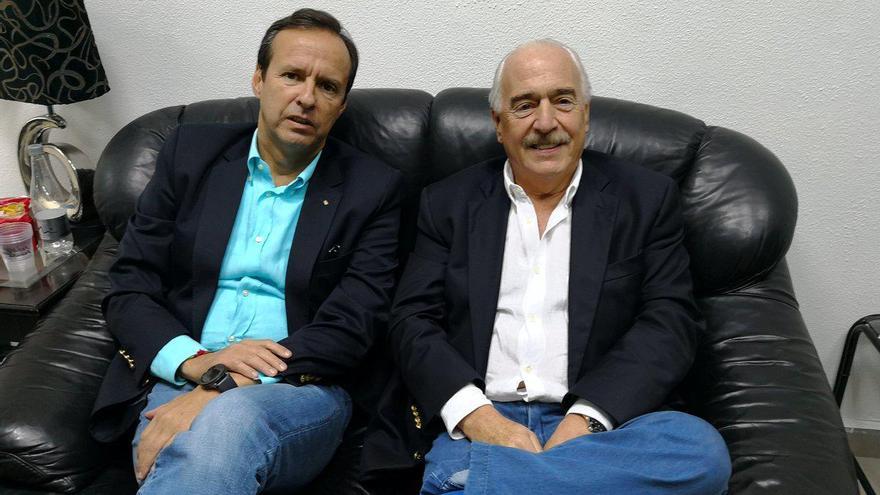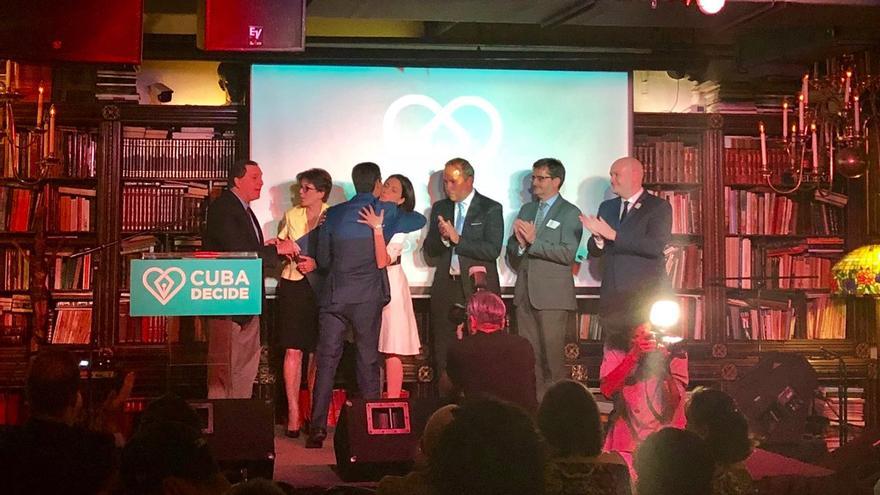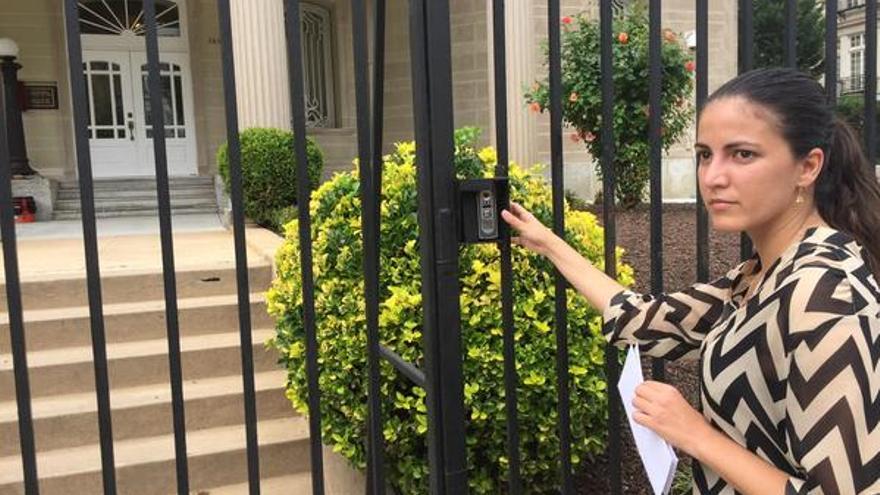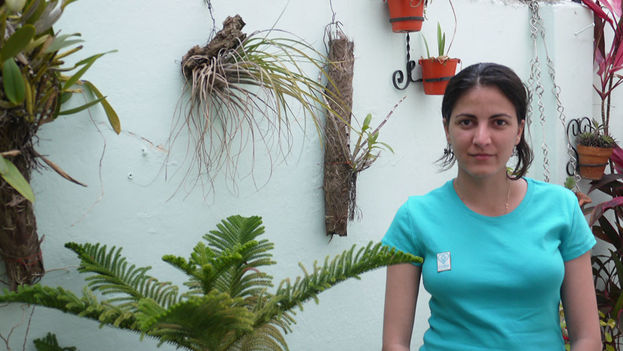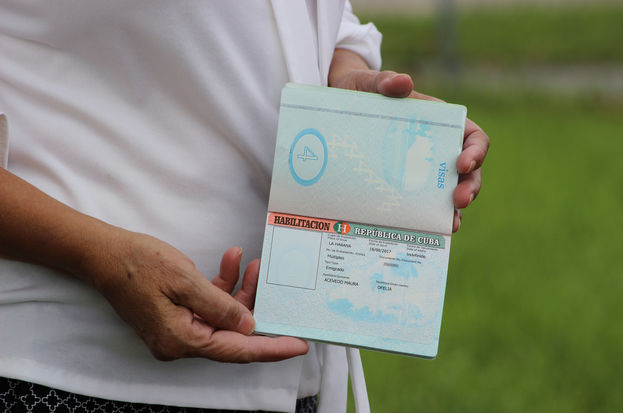The second annual award of this prize, instituted by the Latin American Youth Network for Democracy in memory of the late Cuban dissident Oswaldo Payá, was proclaimed at a ceremony in Miami to mark the 66th anniversary of his birth on 29 February 1952. continue reading
In addition to the IDEA award, the Latin American Network awarded an honorable mention to former Caracas Mayor Antonio Ledezma in recognition of his career; in 2017 Ledezma escaped from the home confinement he’d been sentenced to in the Venezuelan capital and is now in exile.
Aurora Espina, a Mexican member of the Latin American Youth Network for Democracy, was engaged to announce the honorable mention to Ledezma and the Payá Award to IDEA.
The formal delivery date of both awards, in Cuba, will be announced shortly, said Rosa Maria Payá, daughter of Oswaldo Payá and current president of the Latin American Youth Network for Democracy.
In its first edition, the Oswaldo Payá Prize was awarded to Luis Almagro, secretary-general of the Organization of American States (OAS), who was not able to receive it in Havana as planned because Raúl Castro’s government prohibited him from entering Cuba.
Rosa María Payá attended the ceremony in memory of her father to promote the public mobilization campaign Cuba Decides, in support of a binding plebiscite for Cubans to decide “their destiny” and the political system they want to live under.
The young activist urged Cubans to annul their votes in the March 11 election by writing “Cuba decides” or “plebiscite” on their ballots and asked the international community not to recognize whoever is elected as Raul Castro’s successor in those “fraudulent” and undemocratic elections that will consecrate “a dynastic succession,” she said.
Payá, who was accompanied by her mother Ofelia Acevedo and other relatives, said her father’s struggle is alive even though his life was “snatched away” by a “toxic” and “dictatorial” regime, and stressed that Castroism is a danger for the stability of the entire continent. If people do not believe this, she invited them to “ask the Venezuelans.”
IDEA identified the six award finalists as: Ledezma and three other Venezuelan opponents, Lester Javier Toledo Soto, Wilmer José Azuaje Cordero and José Vicente García, as well as the Humanist Network for Latin America, along with Camilo Ernesto Romero Galeano, governor of the department of Nariño, Colombia.
The winner is an international non-governmental forum composed of more than thirty former heads of state and government, “democrats respectful of the principle of alternation” in power, according to its website.
IDEA was started in 2015 by the creators of the IDEA-Democratic Foundation, Nelson J. Mezerhane Gosen, its president and owner of Diario Las Americas in Miami, and Asdrúbal Aguiar, its director and former minister of internal relations in Venezuela
In addition to designing programs and activities that support or strengthen democracy, the former presidents issue statements on important and topical issues.
Venezuela and Cuba are two of the countries of greatest concern to the IDEA forum participants.
This was demonstrated in a February 2 statement where they stressed that they remain “vigilant” in the face of the “agonizing struggle” carried out by Venezuelans and Cubans “in their legitimate demand for clean, free and competitive electoral systems and processes, subject to international observation, that will permit their early return to the family of democracies.”
More than thirty former governors have subscribed to or supported these statements, including José María Aznar and Felipe González, former heads of the Government of Spain, and the presidents Nicolás Ardito Barletta and Mireya Moscoso (Panama), Belisario Betancur, Andrés Pastrana, César Gaviria and Álvaro Uribe (Colombia), and Felipe Calderón and Vicente Fox (Mexico).
Miguel Ángel Rodríguez, Rafael Ángel Calderón and Laura Chinchilla (Costa Rica), Alfredo Cristiani (El Salvador), Fernando de la Rúa (Argentina), Osvaldo Hurtado (Ecuador), Luis Alberto Lacalle and Julio María Sanguinetti (Uruguay) and Jorge Quiroga ( Bolivia) are also among the winners.
At the same ceremony, a mini-documentary on Oswaldo Payá, made by Adam Hawk Jensen, was premiered as part of The Witness Project, an initiative of the Memorial Foundation of the Victims of Communism.
The mayor of Miami, Francis Suarez, and city commissioner Joe Carollo delivered a proclamation of Oswaldo Payá Day in Miami at the ceremony.
________________________
The 14ymedio team is committed to serious journalism that reflects the reality of deep Cuba. Thank you for joining us on this long road. We invite you to continue supporting us, but this time by becoming a member of 14ymedio. Together we can continue to transform journalism in Cuba.
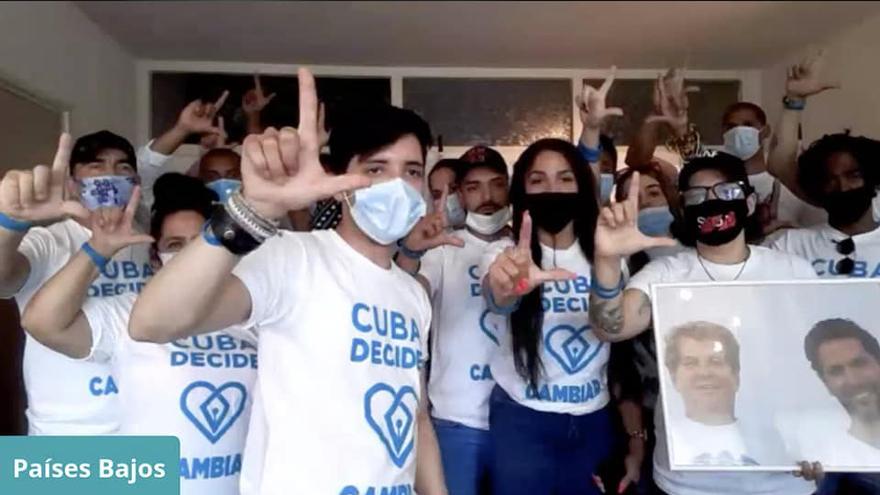
![]() 14ymedio, Havana, 22 July 2020 — Activists of the Christian Liberation Movement (MCL) denounced on social media on Wednesday that they were harassed by the Police, in Havana, to prevent them from approaching the grave of Oswaldo Payá, in the Cristóbal Colón cemetery in the Cuban capital.
14ymedio, Havana, 22 July 2020 — Activists of the Christian Liberation Movement (MCL) denounced on social media on Wednesday that they were harassed by the Police, in Havana, to prevent them from approaching the grave of Oswaldo Payá, in the Cristóbal Colón cemetery in the Cuban capital.
